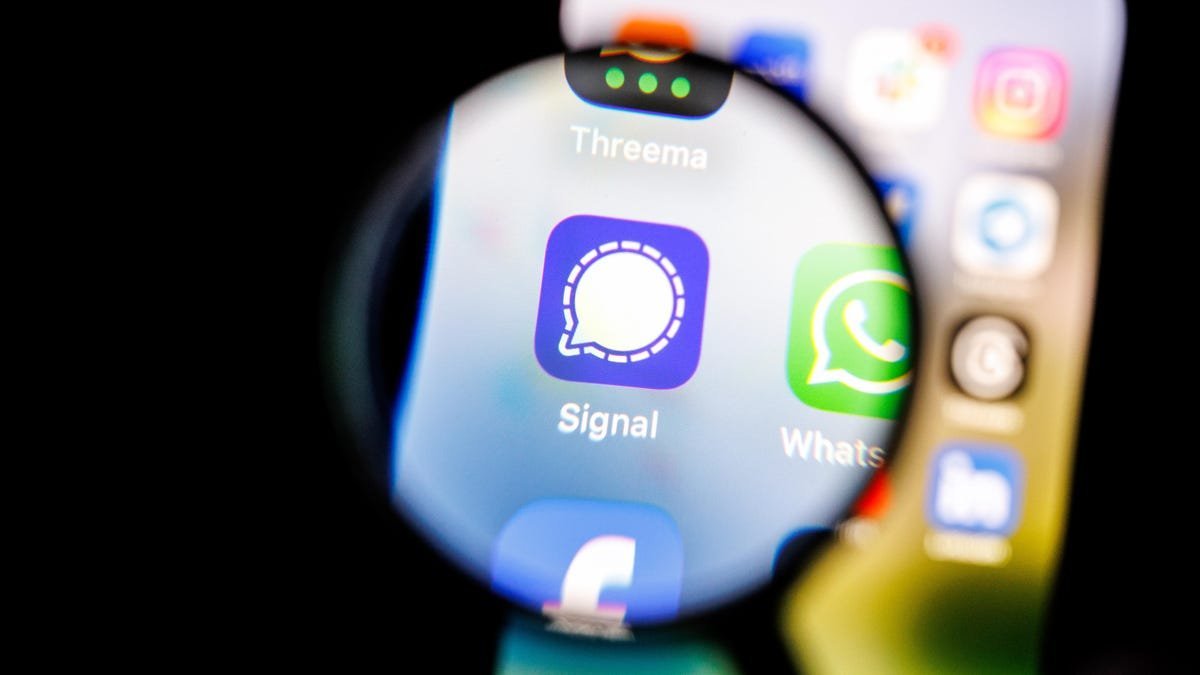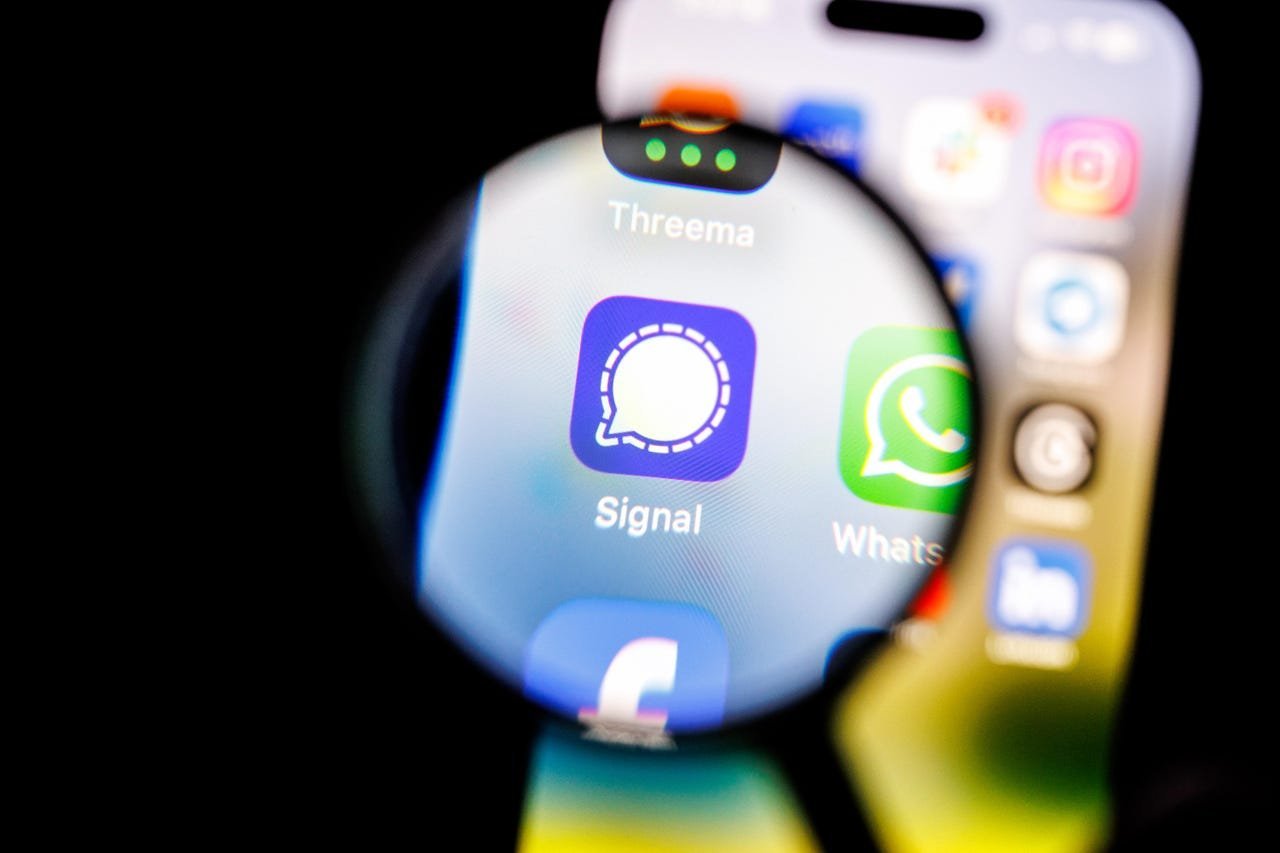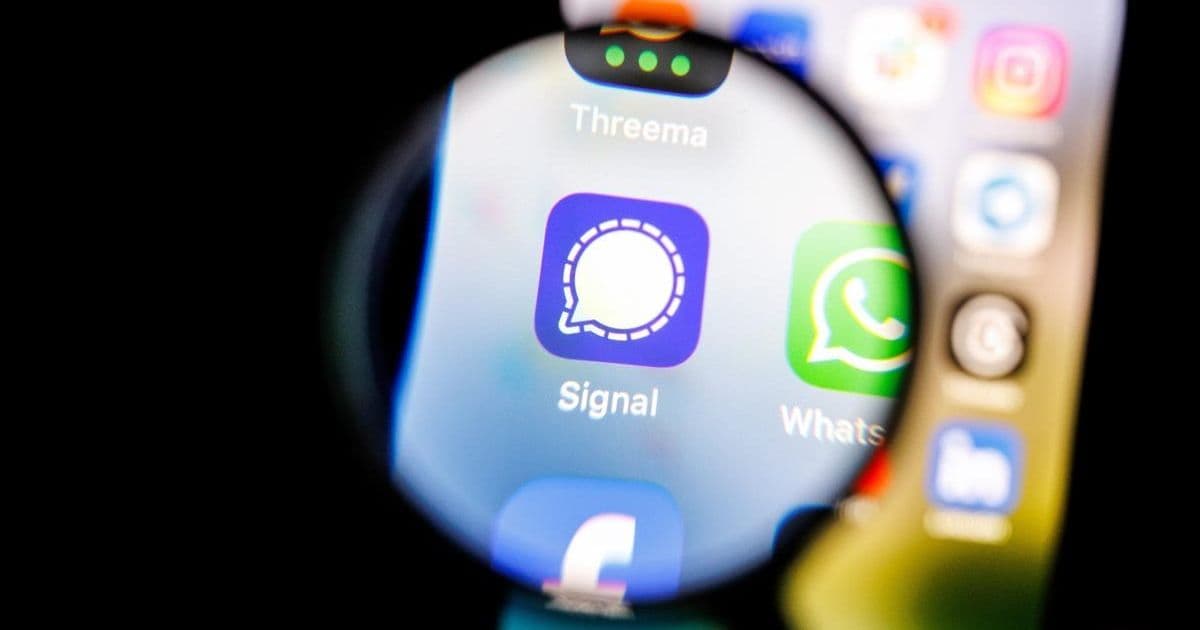Signal has launched Secure Backups, an opt-in feature offering free end-to-end encrypted storage for 45 days of messages to prevent data loss. For extended history, a $1.99/month subscription marks the nonprofit's first paid service, addressing storage costs without compromising privacy. This move highlights the financial balancing act for ethical tech in a data-driven world.
Signal Breaks New Ground with Encrypted Backups and Its First Paid Tier

For years, Signal's ironclad privacy came with a trade-off: lose your phone, and your message history vanished forever. That era ends today. Signal, the gold standard for encrypted messaging, has unveiled Secure Backups—its first-ever backup solution—offering users a free, end-to-end encrypted way to safeguard chats. But in a landmark shift, it also introduces Signal's inaugural paid feature: a $1.99/month subscription for storage beyond 45 days. This isn't just a convenience upgrade; it's a strategic pivot for a nonprofit navigating the costly realities of privacy-first infrastructure.
How Secure Backups Work: Privacy by Design
At its core, Secure Backups are opt-in and refresh daily, compressing messages and media into an end-to-end encrypted vault. Users get 100MiB of free storage, covering approximately 45 days of typical usage. Signal emphasizes compression optimizations to maximize this allowance, ensuring most users won't hit the cap. For those needing longer retention, the $1.99/month premium tier removes the time limit—a necessity driven by the expense of storing and transferring large data volumes.
Security remains uncompromised: backups rely on a user-controlled 64-character recovery key, never shared with Signal's servers. Lose this key, and backups are irrecoverable—Signal explicitly recommends offline storage or password managers. Further hardening privacy, backups are stored without links to user accounts or payment details, making them invisible even to Signal itself.

"As a nonprofit that refuses to collect or sell your data, we have to cover [storage] costs in a different way," Signal stated, underscoring why this paid tier emerged. Media-heavy backups strain resources, and without ad revenue or data monetization, subscriptions offer a sustainable path.
Why This Matters: Ethics, Costs, and Industry Ripples
For developers and security engineers, this move is revelatory. Signal proves that privacy and profitability aren't mutually exclusive. By charging directly for a high-value feature, it sidesteps the surveillance capitalism model that plagues rivals. Yet, it introduces nuanced risks: if a contact enables backups, your messages could be stored on their terms, regardless of your opt-out—a subtle but critical caveat for teams implementing secure comms.
The rollout also exposes infrastructure challenges. Storing encrypted backups at scale demands robust, cost-efficient architectures—lessons applicable to any app handling sensitive data. As Signal expands this to iOS and desktop (currently in Android beta), it sets a blueprint for ethical monetization: transparent, user-funded, and aligned with core values.
In a landscape where data breaches are rampant, Signal's encrypted backups offer peace of mind without sacrificing principles. But they also remind us that privacy has a price—and sometimes, paying it directly is the most honest solution.
Source: ZDNET, September 8, 2025.

Comments
Please log in or register to join the discussion